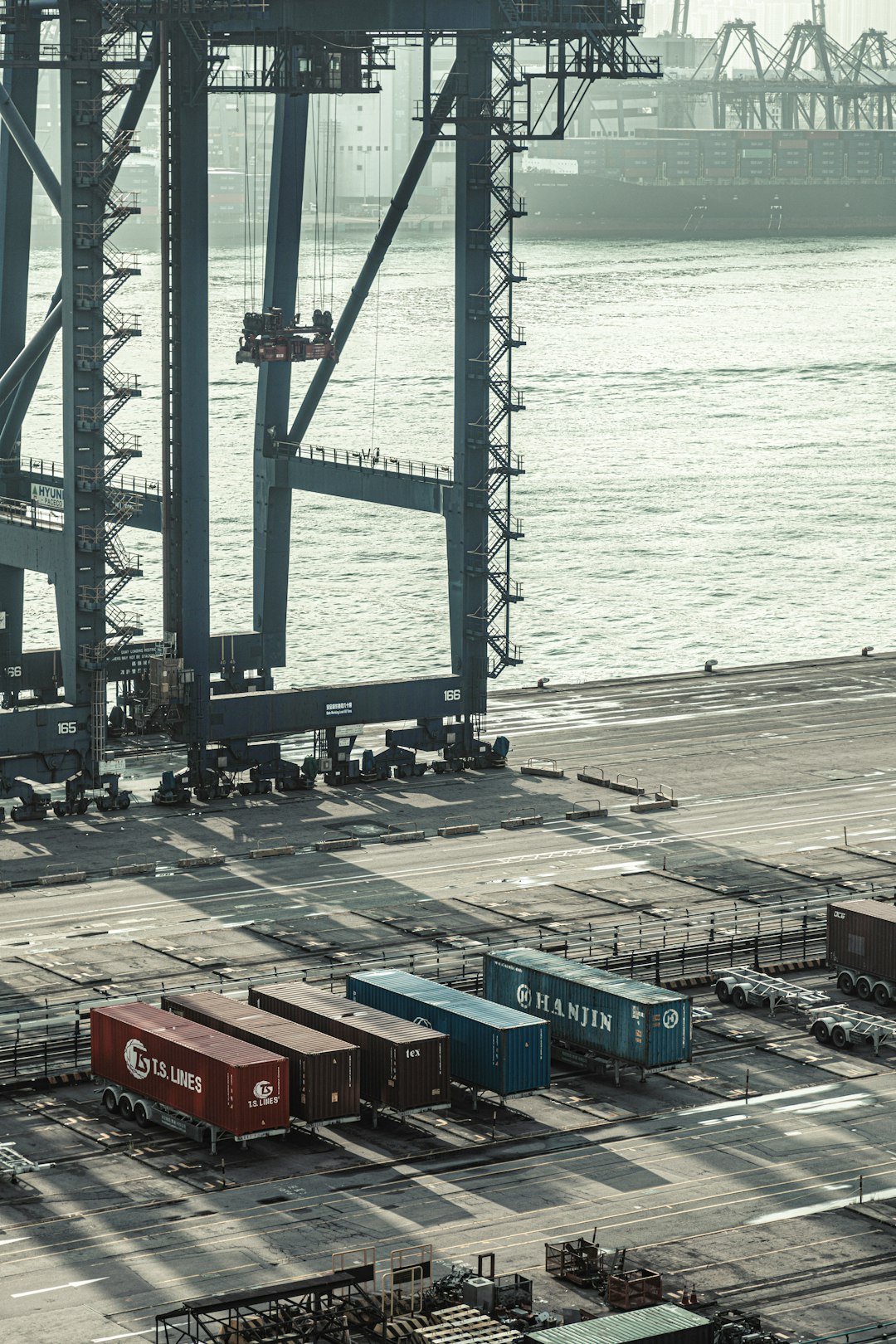
Shares of South Korean steelmaking firms weakened on Monday after U.S. President Donald Trump said he will impose 25% tariffs on all U.S. imports of steel and aluminum.
Shares of Dongkuk Steel Mill Co Ltd (KS:001230), Hyundai Steel (KS:004020), Tcc Steel (KS:002710), and POSCO (NYSE:PKX) Holdings (KS:005490) fell between 1% and 3%, while the broader KOSPI rose 0.2%.
South Korea’s Role in U.S. Steel Imports
South Korea ranks as the fourth-largest steel exporter to the U.S., following Mexico, Brazil, and Canada. The country exported about 2.5 million tons of steel to the U.S. in the past 11 months, according to data from the International Trade Administration.
Trump said he will announce the new tariffs on Monday, emphasizing that they—along with his other trade policies—are aimed at ensuring “fairer trade practices” that benefit the United States. He also reaffirmed his intent to revive the domestic steel industry, which has been struggling since the 1980s due to cheap imports from Japan and China.
Impact of Tariffs on U.S. Steel Demand
The tariffs will be absorbed by U.S. importers, effectively increasing the cost of imported steel. As a result, demand for imported steel in the U.S. may weaken. However, the broader impact on global steel markets will depend on how South Korea and other major exporters respond to these trade measures.
Steel Stocks and Currency Trends
While South Korean steel stocks saw some pressure, the strength of the U.S. dollar limited further losses. The dollar firmed sharply on expectations that Trump’s tariffs could push U.S. inflation higher, keeping interest rates elevated.
For investors analyzing market trends, tracking sector P/E ratios and historical sector performance can provide insights into steel sector valuation shifts amid global trade tensions.
Sustained strength in the U.S. dollar could also offset some of the negative margin impact of higher tariffs, particularly for export-driven South Korean steelmakers.
At CWEB, we are always looking to expand our network of strategic investors and partners. If you're interested in exploring investment opportunities or discussing potential partnerships and serious inquiries. Contact: jacque@cweb.com

